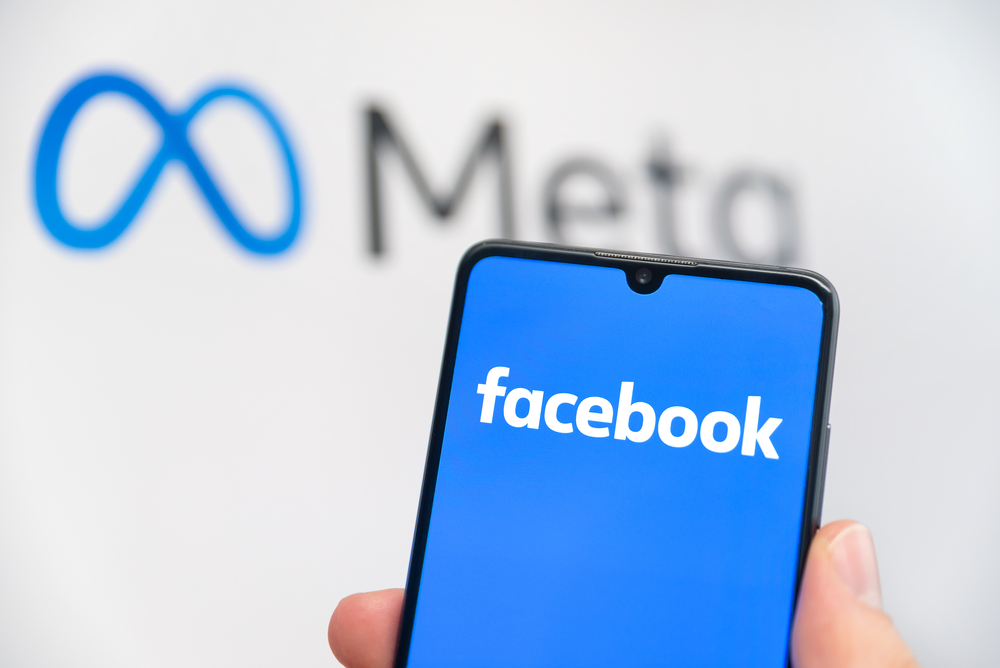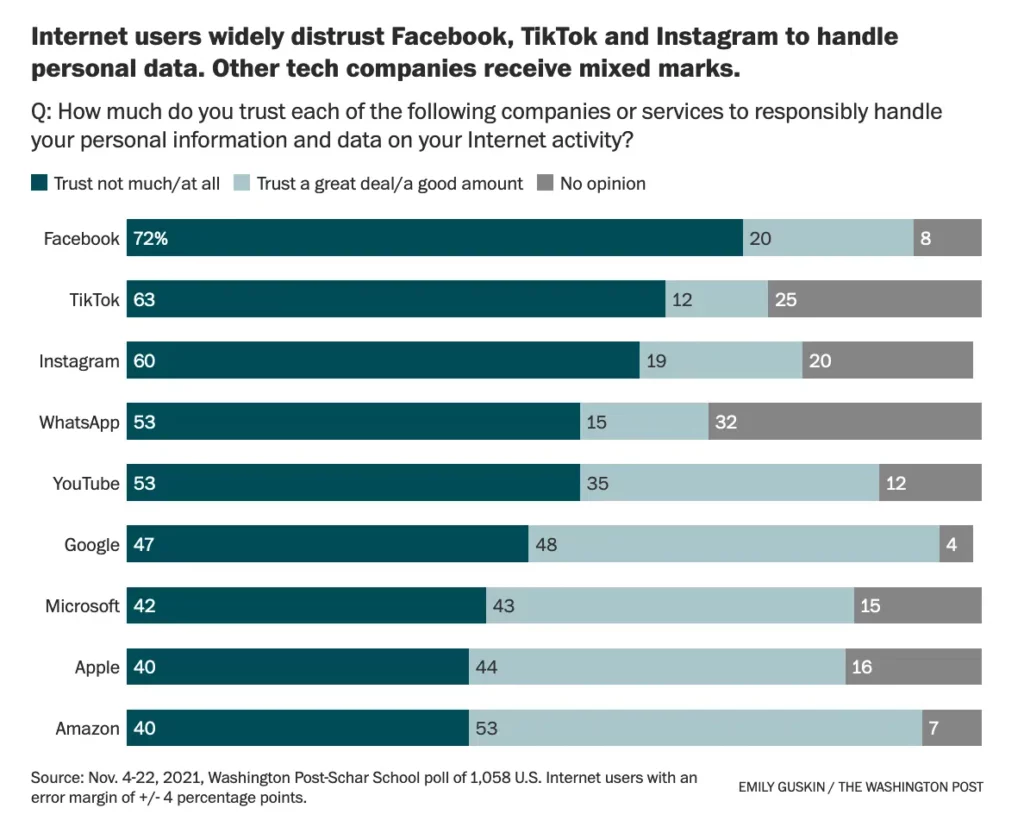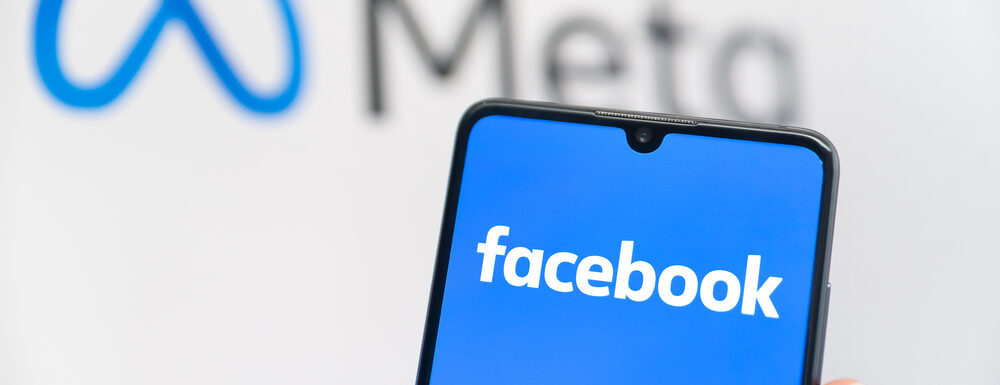 Unless you’ve been on a deserted island somewhere, you know that Facebook is a valuable channel for marketing yourself and your business. Salespeople leverage it to stay in touch with customers and build relationships with new ones. Businesses make it part of their marketing plan to generate leads and sales. Almost anyone can benefit from Facebook’s reach and it’s crazy to ignore the opportunities there.
Unless you’ve been on a deserted island somewhere, you know that Facebook is a valuable channel for marketing yourself and your business. Salespeople leverage it to stay in touch with customers and build relationships with new ones. Businesses make it part of their marketing plan to generate leads and sales. Almost anyone can benefit from Facebook’s reach and it’s crazy to ignore the opportunities there.
When growth of a social channel exceeds the public’s ability to adapt, questions and concerns arise. Opportunities abound but many stop short of taking action. One of the most common questions is…
“Do I need a separate Facebook Page for business?”
The answer is… it depends.
A simple yes or no is not that simple.
Facebook continues to be a frontrunner for attracting customers – 79% of Facebook monthly users are active daily. While opportunities are plentiful, changes happen often, which adds more confusion to your search for the right answers.
Choosing whether or not to have a separate Facebook Page for business depends on how you define your business and its goals.
Each of the following types of businesses have specific Facebook goals, with some overlap:
- Salesperson: build a relationship network, become a trusted authority, increase referrals and ultimately close deals.
- Entrepreneur: similar goals to a salesperson but “closing deals” could have different connotations (such as e-commerce, startups or app developers) for which different strategies would be used.
- Business that sells to consumers (B2C): establish awareness and build interest in the brand, build a community with the ultimate goal of converting fans into customers.
- Business that sells to other businesses (B2B): similar to B2C and there’s a short list of very specific strategies that work for B2B on Facebook, which begins with knowing where your customers spend time.
- Non-Profit: build awareness, interest and even passion for your cause, foster advocacy, and increase donations.
It’s important to understand what your goals are first before venturing out onto any marketing platform. Define your business objectives and always put strategy before tactics.
Facebook for a Business
Marketing a business on Facebook requires a “Business Page.” It’s actually against Facebook’s Term of Service to have a personal profile for a business, so don’t make the mistake of using a Personal Profile for a business. You wouldn’t want to do that anyway because Personal Profiles don’t have the benefit of Facebook ads, which you’ll definitely need in order to promote your business.
You will however, need a Personal Profile in order to act as Admin on your Business Page. All Facebook Business Pages are run through personal accounts and this is confusing for beginners.
It’s best to create an “administrative” Facebook personal account to administrate your Business Page. Why? Because I’ve seen too often where business owners have left the social media up to someone, that person is no longer working for them, and then they’re unable access their own page.
Pro Tip for Facebook page logins
When creating a personal account with which to run your Business Page, always use an email address with your company’s domain name, such as facebook@yourcompany.com. This tactic gives you complete control over your page and who has access to it because you own your domain and it email. Once you’ve got your Business Page created, then add trusted users as Admins on your page (you can change or delete them anytime).
Do we need a Facebook page if we sell to businesses?
I recommend a Facebook Business Page for every business. Your business will be found in Facebook search by your customers. But pay attention to what they’ll find there – make sure it’s not a ghost town because it presents a perception that you don’t care.
An assessment should be done when your customers are other businesses. The foremost question to answer is: “Are our target customers on Facebook?”
It’s always important to have a presence on Facebook for any business, and it’s important to determine how much of your resources to devote to Facebook if your target audience doesn’t spend a lot of time there.
Facebook For Salespeople and Entrepreneurs
For a salesperson or entrepreneur, the answer to “Do I need a separate Facebook page for business?” is more complex. It’s super important to first identify what you feel comfortable with. Social media should be a positive experience for you. If it isn’t – if it becomes a chore – it will be evident in your interactions.
And speaking of things that make you uncomfortable….
72% of Facebook users don’t trust it to protect their privacy
… but they use it anyway. This figure is much higher than 2020 when only 47% of users felt Facebook didn’t do enough to keep their data private. Facebook ranks first in usage but last in trust.

The reality now is that most everything we do online is tracked. If you’re uncomfortable with privacy (as we all are) it’s important to determine if Facebook is right for you. This fact informs our decisions on the actions take on social media.
Here are a few scenarios to help determine IF you’re a salesperson or entrepreneur and need a separate Facebook page for business:
1. If you’re new and don’t know what to do, start with a Personal Profile (Account).
Fill in all your contact information and remember to put your work contact info, not your personal info. That way, you can make your Profile and/or posts public without worrying about your personal data and customers and prospects will find you in search.
Pro Tip: Facebook has made it easier to toggle between making your posts public or to just friends. If you’re someone who likes to share a mix of content, this is something to consider.
2. If you have a robust Facebook Personal Profile, then continue leveraging your Profile as a networking tool.
If people are connecting and engaging with you, keep going! Don’t fix what isn’t broken.
Increase your reach by tagging people you know and businesses you follow. Why tag a business on Facebook? Publicity, engagement, and growth.
If you’re somewhere in between #1 and #2 above, remember it’s important to be deliberate in any social setting – online or off. Be sure to present yourself as you would if you were at your desk or meeting a prospect. You wouldn’t show up to a formal affair in shorts and flip flops, right? This is where paying closer attention to Personal Branding can really make a difference. When you know who you are as a “brand”, you know how to present yourself online.
In today’s iteration of the Internet, known as Web3, a personal brand and reputation are the very currency we trade on.
Whether you’re a CEO of a large company, an employee at a small local company or somewhere in between, you are representing yourself when you’re online. Everything you say and do speaks to your personal brand.
- How do you want to be perceived?
- What do you want to be known for?
- What is your unique selling proposition?
- What differentiates you from everyone else?
A word about today’s social media algorithms
Don’t let what differentiates you turn out to be your worst nightmare.
Every time you post or comment, behave as though it’s the first time someone has seen or heard of you.
On social media, it doesn’t matter whether you agree or disagree with a person’s viewpoint, because in a first-impression-situation, you need to think carefully about how others view your behavior. It’s about putting your prospects first, not your urge to respond or share.
Even though it’s common knowledge that in social situations you should never visit incendiary topics, somehow that rule is getting lost when it comes to social media. Outrage drives algorithms and we are nearly powerless against it.
Resist the urge to give into the outrage machine.
3. If you’re ready to use innovative techniques, create a Facebook Business Page for yourself.
This option is for the more advanced user who:
- Has her/his personal branding in place
- You’re a “known” expert or influencer
- Most likely you have a website that includes helpful content and specific sales funnels
While social selling can be done with either a Profile page or a Business page, I’m mentioning it here because it’s also an innovative tactic. Social selling is the act of developing referrals, leads and sales using social media (and other digital channels). It allows salespeople to laser-target their prospecting and establish rapport through existing connections.
With a Business Page, you’ll be able to use Facebook ads to promote yourself or your products/services.
Facebook ads
Facebook advertising has become very complex. If you’re new, don’t spend more than $5/day to start and only run an ad for 5 days. Test your results constantly because believe me, Facebook will take your money whether your ad is successful or not. Walk before you run. Facebook ads is a complicated platform and it can take a long time to get it right.
Facebook for Non-Profits
Facebook is at its BEST when non-profits such as animal rescue utilize it to spread awareness, foster volunteers and ask for donations. I’m on the board of a horse rescue and I have repeatedly witnessed the power of Facebook to save lives.
Do I need a separate Facebook page for my smaller non-profit?
If your non-profit is just you and/or a handful of volunteers, or you’re a novice, please choose the Personal Profile (Account) option rather than creating a Business Page. For the same reasons stated above, you can get more traction within your “friends” network and slowly build up to a point where you can either convert your profile to a Business Page or create a new whole new Page.
As your audience grows, you can always move to a Business Page but I know many non-profits that are doing fine with their Personal Profile.
Larger non-profits
For larger non-profits, a Business Page is the right choice. You’ll need volunteers or interns to collect content (photos, videos, etc) that illustrates what you do and what your goals are in the community you serve.
Facebook is a fantastic place to fundraise.
I just completed a Facebook fundraiser for the horse rescue I volunteer for. Besides going out every weekend to help care for our rescued horses, I do all the marketing “in my spare time.” (which is usually at 10pm on my couch!).
I manage three Facebook fundraisers per year: Spring, Summer and Winter. I started the latest fundraiser on the 3rd of the month and we hit our goal on the 20th day of the month. Our Facebook page, Hanaeleh, has 75,000+ fans and the results still shock me. After spending $300 in Facebook ads to promote posts, we raised $10,000!
Fact: Social media works if you work it. If you’re struggling, get some trusted advice to help set your course for achievable fundraising goals.
In Summary…
It’s crucial to plan how you want to be seen on Facebook and other social media. Use these tips to determine the foundation from which you’ll build your presence and if you need a separate Facebook page for business.
Carefully consider all the scenarios, both present and future. Always deliver value, leave conversations better than when you arrived, and show your passion for why you do what you do.
Get my latest business tips, exclusive content, and a bit of fun straight to your inbox with the Kruse Control Newsletter. Boost your profits with our proven advice. Sign up now – it’s free!
